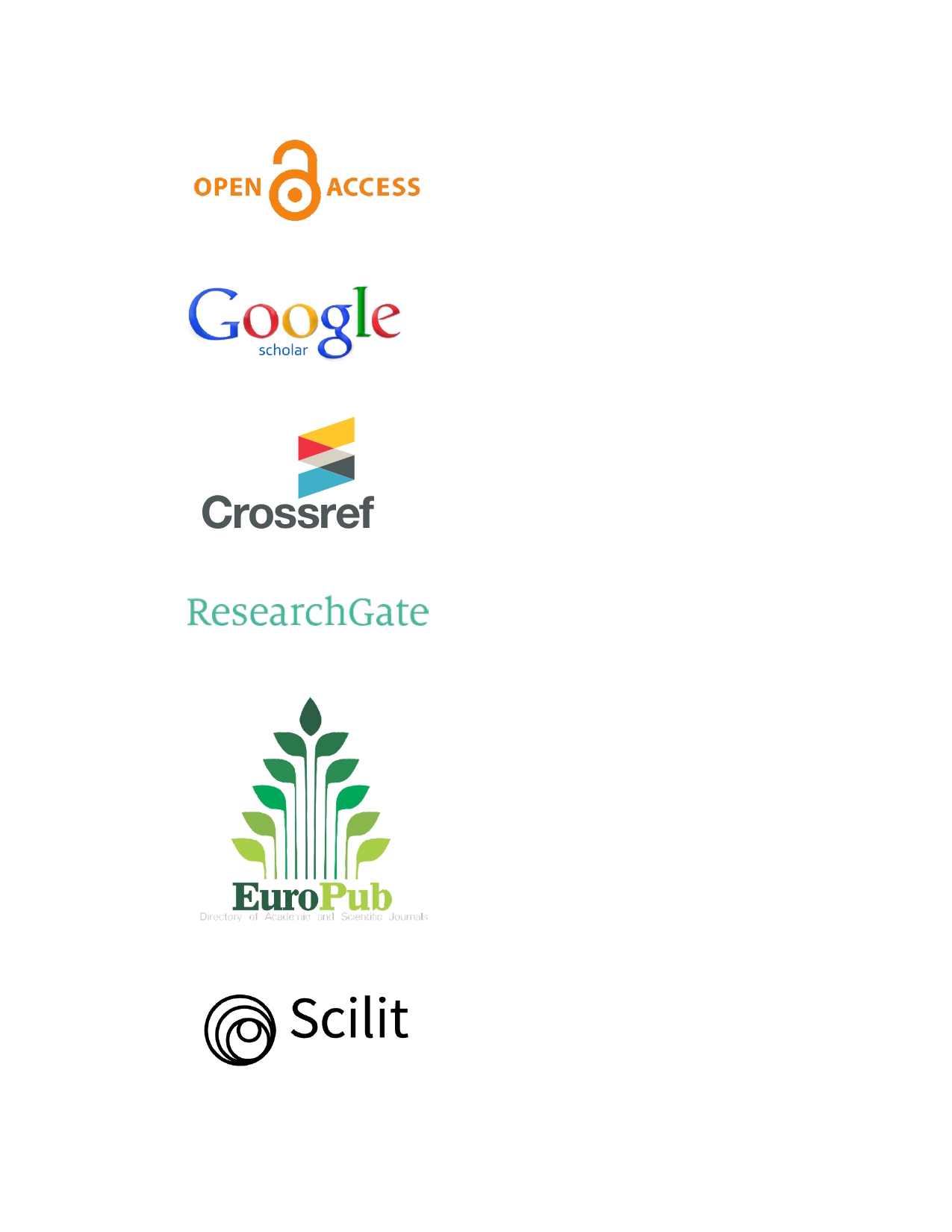Evaluation of Effects of Cotton Growing on the Environment and the Population in the Koutiala Circle
DOI:
https://doi.org/10.63002/assm.210.647Keywords:
Cotton, Biodiversity, Impact, Environment, Koutiala, Water and soil, ChemicalsAbstract
Since 1960, cotton cultivation has experienced considerable expansion in the Koutiala district of Mali. This expansion has not been without consequences on people’s health and natural resources in terms of soil, water and natural vegetation. Based on the analysis of satellite images and a socio-economic survey of production unit chiefs, this study highlights the degradation of soils, biological diversity, population health, and pollution of groundwater and surface water. To reduce these effects, the adoption of good agroecological practices, the organic cotton farming, the reduction of the use of chemicals, and the sustainable management of water and soil are becoming a necessity to ensure sustainable management of environmental resources and the preservation of the livelihoods of local producers.
Downloads
Published
How to Cite
Issue
Section
License
Copyright (c) 2024 Famagan-Oulé Konate, Boubacar Sidiki Dembele, Mamadou Dembele, Baba Faradji N'diaye

This work is licensed under a Creative Commons Attribution 4.0 International License.






